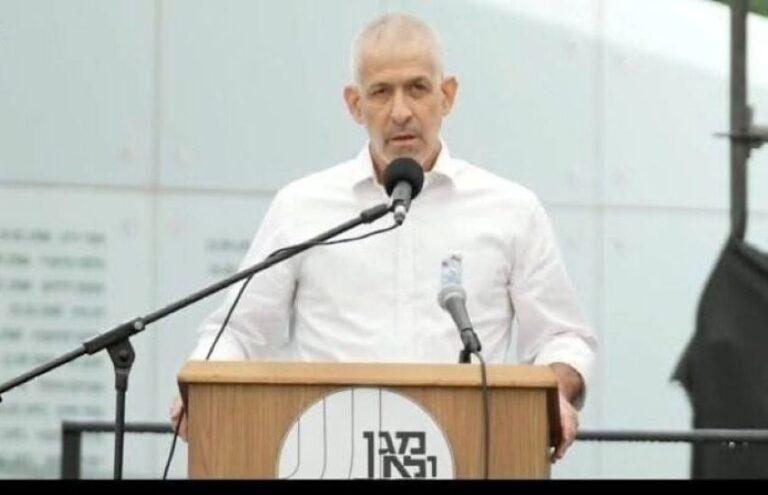The development of an Airmont yeshiva with student and faculty housing remains in limbo pending a court decision on the legality of the village’s agreement to permit the construction.
Attorneys for the village and Congregation Mischknois Lavier Yakov said yesterday that they didn’t know when a decision would be made.
U.S. District Court Judge Stephen Robinson also is presiding over a related case between the village and the Justice Department.
The federal government sued the village because there was no zoning in place to accommodate schools with accessory housing.
It brought that lawsuit despite a vote by the village Board of Trustees to approve a settlement with the congregation. That settlement, in January 2005, gave the congregation the right to present its proposal to the Planning Board.
The review process began, but it has been essentially stalled since December 2005, after the new village board majority led an inquiry into voiding the agreement.
The board hired the White Plains law firm of Thatcher Proffitt and Wood to research the settlement, which attorney Patrick Fitzmaurice found to be contrary to state law.
Fitzmaurice said that settlement bypassed the village’s Zoning Board of Appeals.
“There is a motion pending,” Fitzmaurice said of the argument before Robinson, “to open up the settlement in regards to the change of zone that can only be done by the Zoning Board of Appeals.”
That would “reopen the congregation’s lawsuit against the village, which was effectively terminated by the settlement,” Fitzmaurice said.
Undoing the settlement has been opposed by John Stepanovich, a Virginia Beach, Va., civil rights attorney, who has said it was an attempt to void almost 16 months of good-faith negotiations by his client.
The congregation proposes a yeshiva on 19 acres off Hillside Avenue, a narrow, twisting road that runs westward from Saddle River Road along the New Jersey border.
Residents of the neighborhood, as well as those in the borough of Upper Saddle River, N.J., have opposed the project. Their concern is that building a 170-student dormitory and 30 apartments for faculty and married students would increase traffic on inadequate roads.
There also has been a concern about water supplies — some residents rely on wells — and the capacity of a municipal sewage disposal system.
Residents have cited numerous overflows of sewage when storm water overburdens the system. That has been particularly alarming to those New Jersey residents who have watched sewage flow into the Saddle River.
Those and other environmental concerns were the focus of a Planning Board meeting last October.
“That was the last meeting we had,” said Dennis Lynch, a Nyack attorney representing the congregation.
While Robinson said the planning process could continue pending his decision, the congregation has not reappeared before the board or presented its review of the environmental matters.










